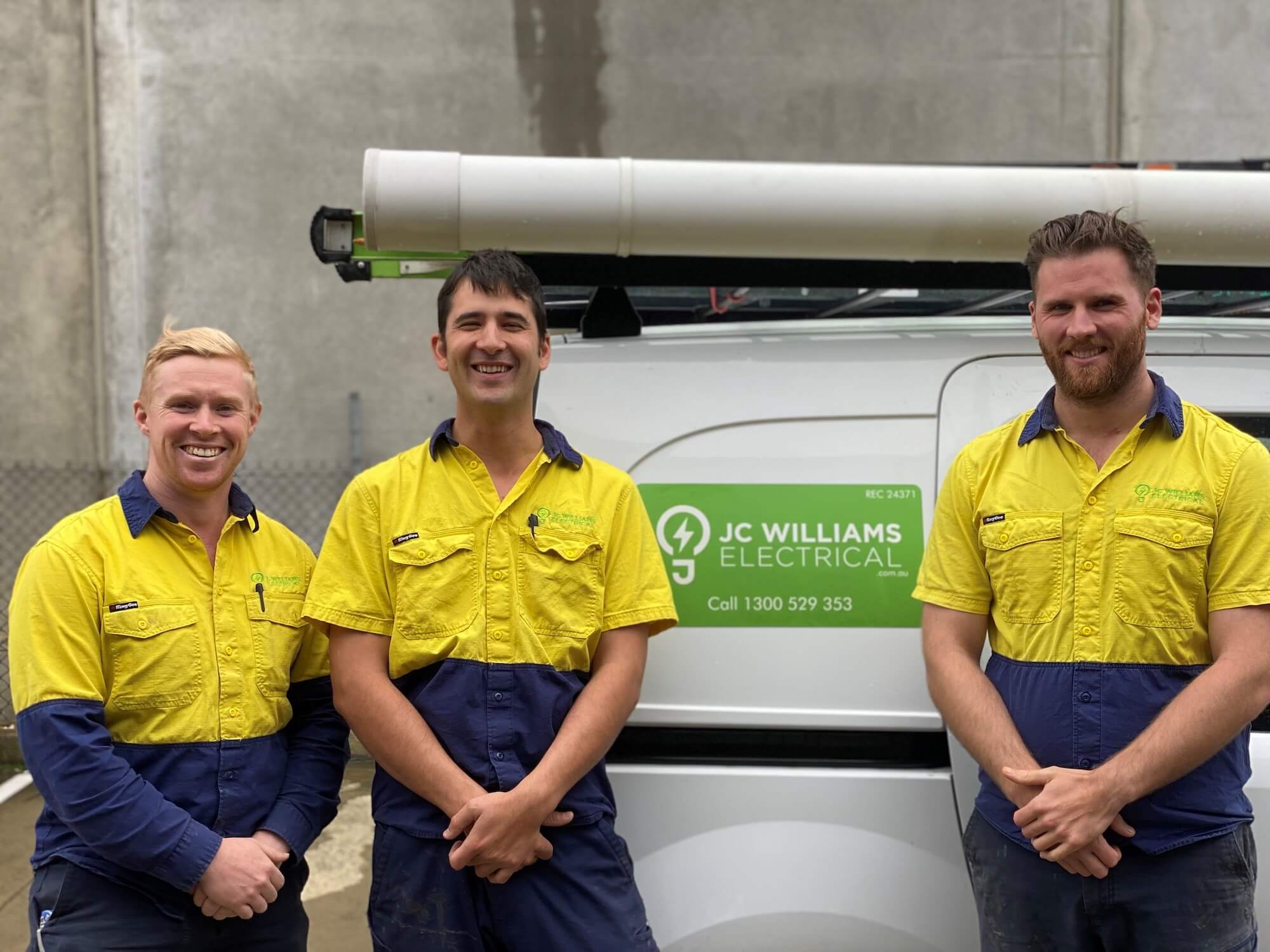
What is social procurement?
Public, private and not-for-profit organisations around the world are increasingly realising the benefits available to communities through social procurement practice.
Outcomes supported through social procurement projects and programs include:
- Employment, training and apprenticeships for indigenous communities, youth, disadvantaged groups or regional communities through social enterprises and other social benefit suppliers and private businesses;
- Strengthened opportunities for local and regional businesses and employment;
- Community support through youth scholarships, infrastructure for community use, fair trade programs, and the development of social enterprises, etc.
Social procurement is also driving innovation and the development of new forms of partnership and service delivery models, while building job satisfaction, organisational pride and identity. By integrating social procurement practice into mainstream procurement thinking, organisations can build a competitive advantage and directly demonstrate their capacity to add social and economic value to their deliverables in a cost-neutral or cost-effective way.
How can Procurement influence change?
Procurement is a vital consideration for driving systemic change, because it is the mechanism through which private and public sector organisations expend most of their resources in the purchase of goods, services and works.
Social procurement often takes the form of a public or private sector entity using an appropriate procurement opportunity (major project or routine) to generate targeted employment for specific population groups. Groups targeted by these procurement activities may include people with a disability, those who have experienced long-term unemployment, Indigenous Australians, culturally and linguistically diverse groups, youth, public housing tenants, or residents of communities impacted by social and economic disadvantage.
How do we define a social enterprise?
A social enterprise is a revenue-generating business with primarily social objectives that reinvests surpluses in the business or community, rather than being driven by the need to deliver profit to shareholders and owners. These organisations are commonly referred to as social benefit suppliers and include social enterprises, Australian Disability Enterprises, Fair Trade Businesses, Indigenous Businesses, and can include women-owned and minority-owned businesses.
Three principal objectives of GROW are to:
- Embed social procurement policy and practice so that contracts issued in the region support local training and employment;
- Increase investment and other supports to strengthen and grow small to medium enterprises and employment; and
- Expand existing brokerage approaches and investigate additional brokerage models for sustainable pathways between job seekers and employers.
Victorian State Government Social Procurement Framework
The framework establishes requirements that apply to Victorian Government departments and agencies when they procure goods, services and construction.
The Social Procurement Framework identifies two social outcomes corresponding to this social procurement objective:
- Purchasing from Victorian social enterprises
- Job readiness and employment for;
- long-term unemployed people
- disengaged youth
- single parents
- migrants and refugees
- workers in transition
Victorian Governement Social Procurement Framework
Geelong City Deal
The Geelong City Deal is a 10-year plan to revitalise Geelong and unlock the potential of the Great Ocean Road visitor economy. The Australian and Victorian Governments, together with the City of Greater Geelong, are delivering $500 million in investment to the region, supporting Geelong’s continued economic diversification, growth of the visitor economy and a thriving city centre.
Please make contact with the GROW team and we can support your organisation with projects funded by this program.

